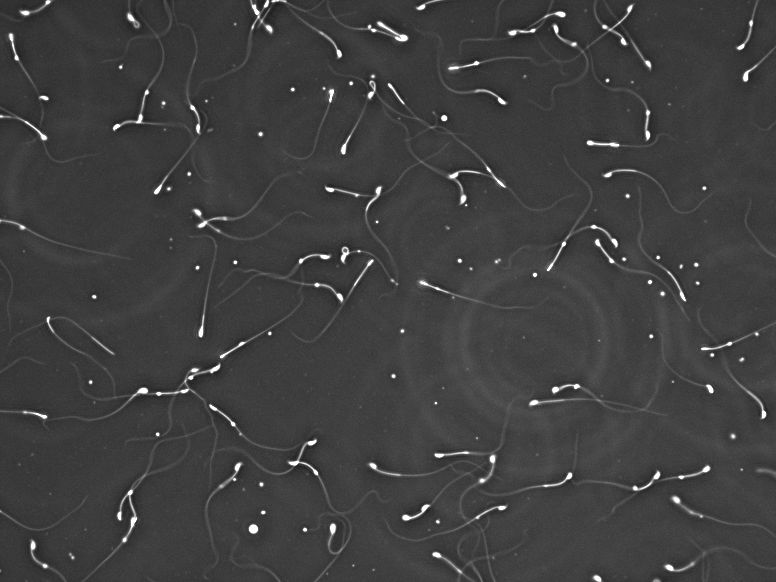Media release
From:
New research from the University of Newcastle has revealed PFAS levels matching those found in the Williamtown contamination zone could significantly alter male reproductive health in animals – even without visibly damaging sperm.
Led by the University’s Professor Brett Nixon and Dr Jacinta Martin, of HMRI’s* Infertility and Reproduction Program, the pre-clinical study exposed subjects to PFAS-contaminated water at concentrations reflecting real-world environmental exposure in areas of Williamtown in NSW.
PFAS (per- and polyfluoroalkyl substances) are synthetic chemicals that persist in the environment and accumulate in living organisms. Mounting evidence suggests they may pose risks to human health, including impacts on male fertility. The latest findings in animals raise concerns about the potential long-term and generational effects of PFAS exposure.
Published today in Communications Biology, the findings are based on pre-clinical studies on mice and reveal:
- Developing sperm count dropped – day-to-day sperm production decreased during the PFAS exposure period.
- Male hormone levels fell – testosterone and DHT (dihydrotestosterone; a potent androgen hormone derived from testosterone), which are vital for sperm production, were reduced.
- Sperm carried hidden changes – molecules that help regulate gene expression were altered.
- Embryo development was disrupted – early embryos showed abnormal gene expression.
- Sperm still functioned normally – they could move, survive, and fertilise eggs in lab conditions, despite the molecular changes.
The study highlights a potential new mechanism of harm: PFAS may not damage sperm directly, but instead alter the molecular signals sperm carry—signals that are crucial for healthy embryo development.
“This is the first time we've shown that PFAS exposure at environmentally relevant levels—equivalent to those detected in Williamtown—can change the molecular makeup of sperm with potential implications for disrupting embryo development,” Professor Nixon said.
“What’s striking is that the sperm still looked and functioned normally in lab conditions.
“But beneath the surface, they were carrying molecular changes that could affect the next generation.
“We also found lower levels of testosterone and DHT in male mice exposed to PFAS, and daily sperm production decreased too,” Professor Nixon said.
The study, which contributes to a PhD project by student Leah Gillespie, examined the consequences of PFAS exposure on male fertility and subsequent embryo health.
“We discovered there were some changes to gene expression which could impact the health of the embryo,” Dr Martin said.
“One of the predicted changes we noticed was related to body size – and the potential for offspring fathered by PFAS exposed animals to be born, or grow, significantly larger than normal.”
These findings echo human studies showing lower sperm counts in men with high PFAS exposure and suggest that paternal PFAS exposure alone could have consequences for children, even if the children themselves are not directly exposed.
“Our study was based on a real-world environmental exposure. We emulated the levels and types of PFAS found in samples from a ground water monitoring well – not a drinking water source – located in the Williamtown contamination zone,” Dr Martin said.
“The subjects in our study were exposed to PFAS via contaminated water consumed over a 12-week period,” Dr Martin said.
This research emphasises the urgent need to understand how PFAS exposure affects reproductive health and future generations.
“It’s especially relevant for communities like Williamtown, where PFAS contamination has been a long-standing concern,” Dr Martin said.
The research project is an example of the University of Newcastle’s commitment to helping its communities live better, healthier lives. Further research and funding are needed to understand how PFAS exposure affects offspring health, and how combined maternal and paternal exposure may interact.
The community is invited to attend a public forum on male infertility with experts in reproductive science and IVF. Hosted at NEX Newcastle on October 30 from 6pm – 8pm, the public can register for the free event via: https://hmri.org.au/get-involved/events/male-infertility-public-forum-2/
*HMRI is a partnership between the University of Newcastle, Hunter New England Health and the community.



 Australia; NSW
Australia; NSW



